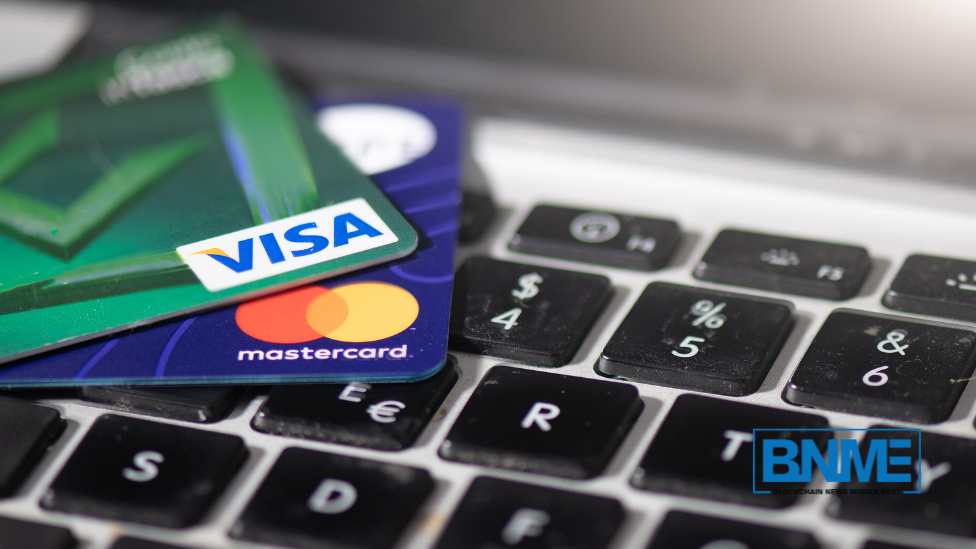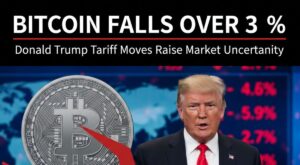Israeli FinTech company Kima and Mastercard’s FinSec Innovation Lab recently partnered with Mastercard to infuse decentralized finance (DeFi) tools with traditional financial services such as credit cards and bank accounts. This initiative is tagged as making a “DeFi credit card” a reality,
Kima and Blockchain
Kima runs a peer-to-peer money transfer and payment protocol that uses blockchain technology without smart contracts. According to Kima, smart contracts are “buggy and experimental.” The company plans to expand its protocol and launch a mainnet and token in the second quarter of 2024. FinSec will manage a Kima node and hold a significant stake in the network.
Eitan Katz, co-founder and CEO of Kima, stressed the significance of accessibility and security in the adoption of blockchain and DeFi technologies. Katz believes that for these technologies to extend beyond the specialized realm of Web3, there must be a secure, cost-effective, and easily accessible method to merge blockchain networks with traditional financial systems.
Kima and Mastercard’s partnership focuses on establishing a connection between decentralized finance (DeFi) and traditional financial systems. Its goal is to assist users in navigating the technical and regulatory obstacles to DeFi adoption.
Kima has been recording positive growth. In 2024 alone, it made six integrations and 18 new partnerships in 2024. Additionally, the company has become part of the artificial intelligence protocol ChatGPT incubator program, incorporating AI into its liquidity management algorithm.
Mastercard’s and its Blockchain Projects
Mastercard is pushing forward with its blockchain initiatives through various partnerships and projects to integrate blockchain technology into mainstream financial services.
Mastercard and U.S. Banks Partnership
Recently, Mastercard partnered with key U.S. banks. These banks included Citigroup, Visa, and JPMorgan. The partnership involved conducting trials of distributed ledger technology for banking settlements utilizing tokenization.
This move seeks to explore the capabilities of a shared-ledger technology known as the Regulated Settlement Network (RSN). RSN oversees the collective settlement of tokenized assets such as Treasurys, investment-grade debt instruments, and commercial bank money on a unified platform. The partnership aims to use blockchain to modernize the banking infrastructure and increase the efficiency and security of financial transactions.
Mastercard and Nexo
In Europe, Nexo, a prominent DeFi platform, has introduced a fresh crypto Mastercard for residents in the European Economic Area (EEA). This card empowers users to directly utilize their cryptocurrency holdings, seamlessly converting them into fiat currencies for transactions. The introduction of this card highlights the increasing fusion of cryptocurrency into everyday financial transactions, offering consumers a convenient avenue to leverage their digital assets. The collaboration between Nexo and Mastercard marks a notable advancement in normalizing crypto-centric financial offerings.
Final Words
DeFi credit card is a relatively new concept. The partnership between Kima and Mastercard has excellent potential to shake up things.
Frequently Asked Questions
What does DeFi Mean?
Decentralized Finance (DeFI) includes a wide category of financial services built on blockchain technology. DeFi platforms operate on decentralized networks.
What is an example of a DeFi?
Uniswap is an example of DeFi.
Are there DeFi Wallets?
Yes, DeFi wallets exist.
What are the Best DeFi Platforms?
The best DeFi platforms include Uniswap, Binance DeFi Staking, Sushiswap, Nexo, etc.
Can DeFi replace banks?
Yes, DeFi can replace banks.
Is DeFi Still Profitable?
Yes, you can still make profits from DeFi
Can DeFi Wallets be tracked?
Yes, DeFi wallets can be tracked.




























